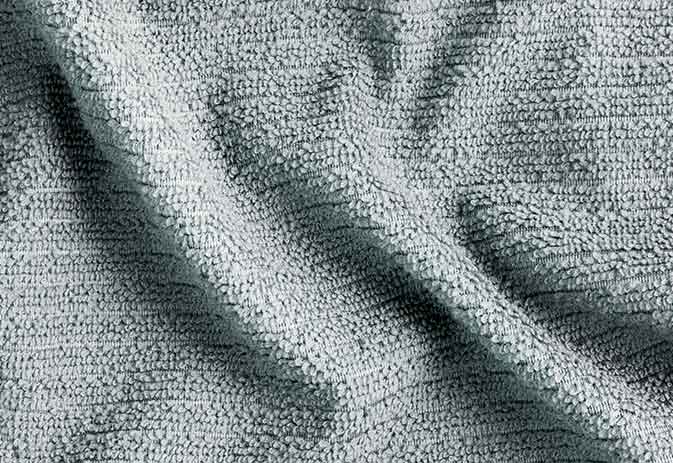Reference TD-IT-1014

TECHNOLOGY DESCRIPTION
Dew is a patented living microfiber embedding microalgae within a biocompatible textile matrix. It functions as a photosynthetic system capable of converting CO2 into oxygen, while establishing a beneficial interaction with human skin. The fiber’s design supports symbiotic use in fashion and medical applications. Requiring only sunlight, water vapor, and ambient CO2, the embedded microalgae survive even under dry conditions, reactivating when rehydrated. The entire fiber is biodegradable and integrates seamlessly into the existing textile production chain. Its production involves growing algae in bioreactors, converting biomass into a viscous solution, and processing it through wet spinning, crimping, and textile integration. The microfiber allows gas exchange, retains moisture, and delivers antioxidant, UV-protective, and oxygen-rich interaction with the skin or environment.
• Each kg of Dew produces 11 kg of oxygen per year
▪ 100% biodegradable and recyclable as fertilizer
▪ Requires only 1 liter of water per kg of fiber, with 0% water waste
APPLICATION AREAS
Sustainable fashion, Biomedical materials, Drug delivery systems, Architectural textiles, Space microbiology
TECHNOLOGY READINESS LEVEL
3
COUNTRY OF ORIGIN
Italy
LATEST UPDATE
2024
